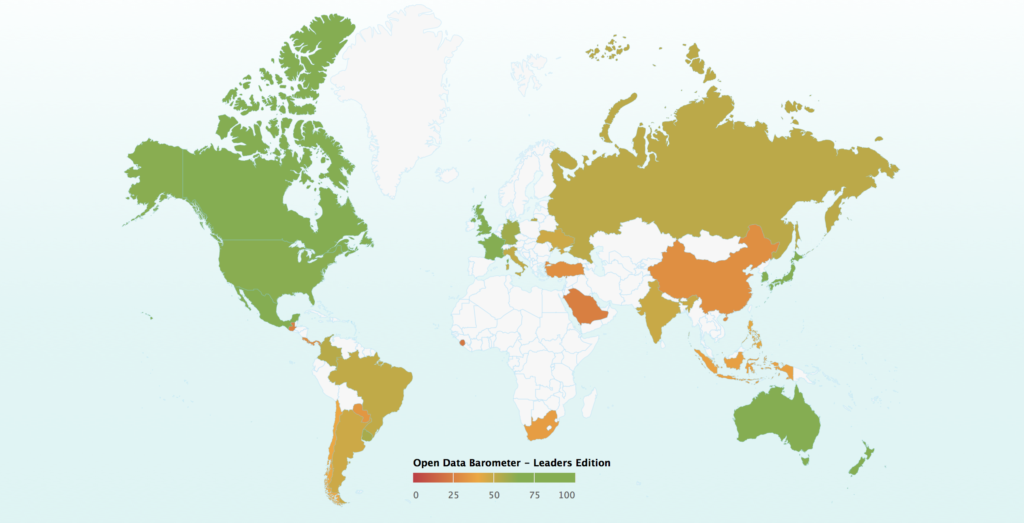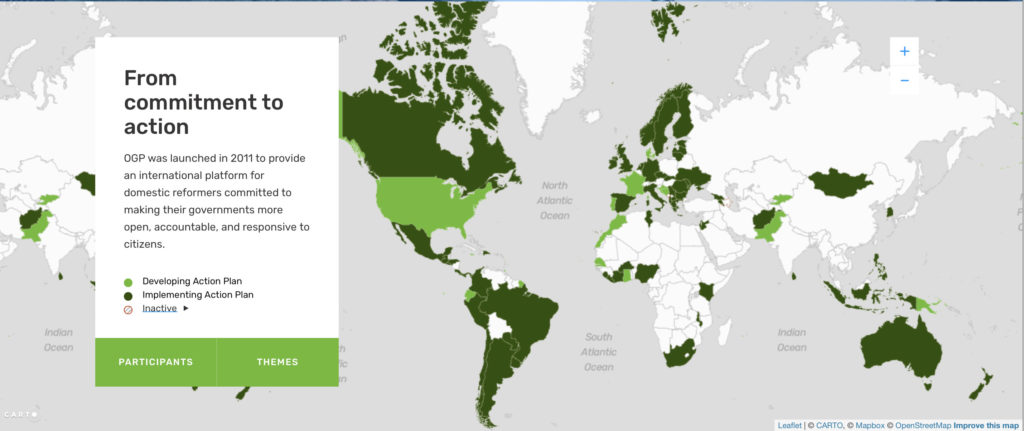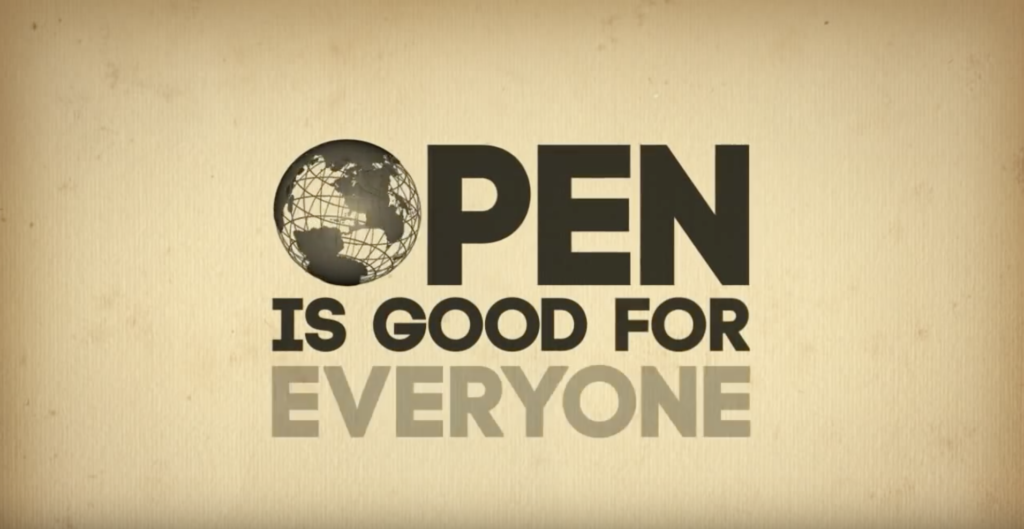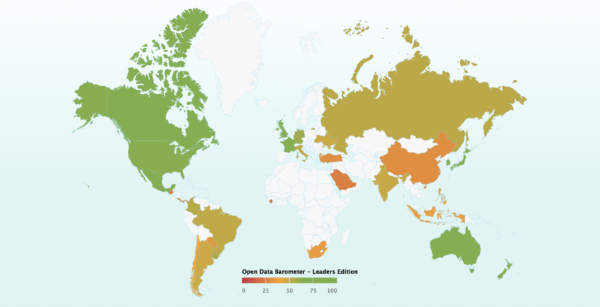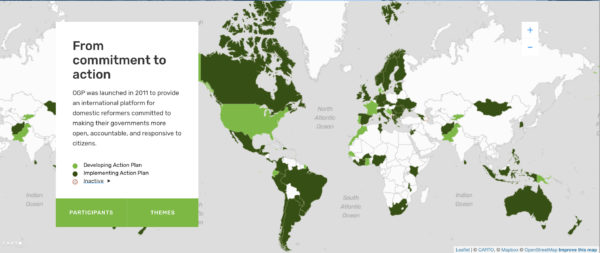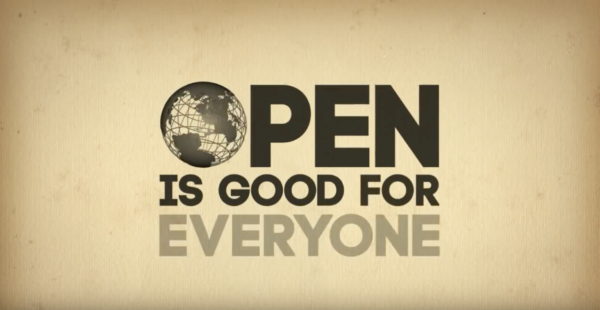The data held by government agencies is public; hence, these data should be open to other users from the legal point of view. However, it is not just because it is our right to have access to public data that we should all be more aware of government data. Open Government Data can encourage the public to actively participate in government events, thereby improving the transparency of government departments and eventually the quality of their actions.
Open Data as a Cornerstone for better Governmental Policies
What is open data? It is data that can be freely used, reused, and redistributed by anyone – subject only, at most, to the requirement to attribute and share-alike. Open data is central to many commitments made by world leaders, including the Sustainable Development Goals (SDGs), the Paris Climate Agreement, and the G20 Anti Corruption Data Principles. Previous studies have shown that the value of Open Government Data is mainly reflected in two aspects: 1. economic value, which indicates the market value generated by new electronic services and mobile applications based on this open data; 2. social value, which is based on Open Government Data to develop better policies to improve the overall quality of the life of individuals and society (Zhao & Fan, 2018).
Development and Access depend on Open Data
The global data collaborative Open Data for Development (OD4D) is a partnership to advance the creation of locally-driven and sustainable open data ecosystems around the world. OD4D states, it uses an ecosystem approach to build the local supply of quality open data and improve its use by leaders and innovators in government, civil society, the media, and business. The collaborative, sponsored by donors who are all members of the International Aid Transparency Initiative (IATI), aims to scale open data approaches that work, improving transparency and accountability, service delivery, and the well-being of the poorest and most marginalized. In this sense, opening up data in developing countries holds a large potential for creating a very different culture of access and agency.
Tools to get a Glimpse on the State of Affairs
While you would think that implementing open data strategies by governments in the Western world was a no-brainer, there is a place to assess the state of affairs on Open Government Data. The Open Data Barometer indicates in their latest report – the Leaders Edition – that “fewer than 1 in 5 datasets are open” and that “early world leaders are faltering”. The report covers the open data capacity of 30 governments that have made concrete commitments to champion open data, either by adopting the Open Data Charter, or, as members of the G20, by signing up to the G20 Anti-Corruption Open Data Principles. But the results are rather disturbing: “Given that these 30 governments are expected to be open data leaders, it is deeply concerning that the vast majority of their datasets remain closed to the public. This shows how little progress has been made in 10 years of open data”. In addition, it becomes clear that open data in governments is still treated as a side project with “openwashing” one or two initiatives implementing open data policies. The authors of the Open Data Barometer point to the indispensable priority of putting “open by default” across all departments of government into action. In order to be knowledgeable about Open Government Data and how your government is doing the Open Data Barometer is a good place to look around: “From promise to progress”.
Similarly, the Open Government Partnership monitors the status of states around the globe concerning commitments and implementation of actions that make them more inclusive, responsive, and accountable. The partnership was launched in September 2011 when the 8 founding members (Brazil, Indonesia, Mexico, Norway, the Philippines, South Africa, the United Kingdom, and the United States) endorsed the Open Government Declaration and announced their country action plans. The aim of the global platform is to start a “genuine dialogue and collaboration between governments and civil society” in order to ensure the quality of governance for both the citizens and the government. On their website, you can browse through all participating states and look at their commitments or action plans: “From commitment to action”.
These monitors and reports make me think, whether it could be of advantage not having such a long history of bureaucracy for developing countries? The implementation of public data as open data might just be as normal as paying your energy bills via a mobile phone (M-Pesa dates back to the year 2007). There is the chance of building governments confident with open data, based on transparency and accountability.
However, if you happen to come across an Open Government skeptic the OGP has published The Skeptic’s Guide to Open Government. This guide is a great tool that summarizes what is known about the impact of opening government in five areas: 1) public service delivery 2) business opportunities 3) government efficiency and cost saving 4) prevention of corruption and 5) trust in government. It is a good read, even if you’re not a skeptic.
